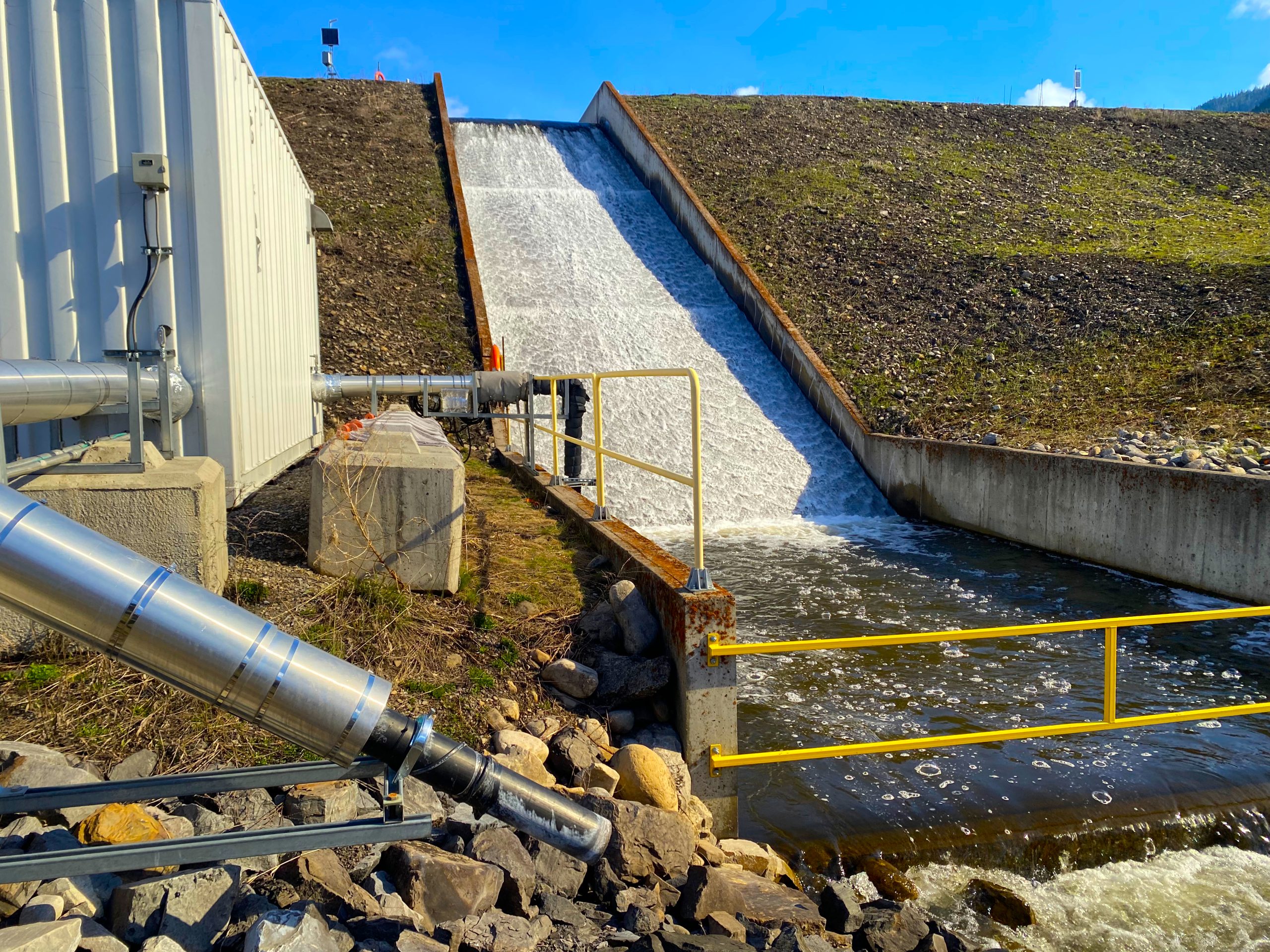On this page
- Coordinated compliance and enforcement
- B.C.’s compliance framework
- Compliance and enforcement actions
Coordinated compliance and enforcement
The B.C. government coordinates compliance and enforcement activities across the natural resource sector. For mines, this is carried out primarily by compliance and enforcement staff in the Ministry of Environment and Parks, the Environmental Assessment Office and the Ministry of Mining and Critical Minerals. Inspectors from these agencies work together to hold industry accountable for the written requirements of their permits and regulations.
Inspectors are trained to:
- Verify compliance with permit requirements
- Investigate complaints and incidents
- Promote compliance
These staff are independent from those involved in project review and permitting.
B.C.’s compliance framework
The Natural Resource Ministries (NRS) Compliance Management Framework guides the approach to achieving compliance.
Setting Requirements: Ministries set legal requirements through: Statutes (Acts), Regulations, Codes, and Authorizations (for example, site-specific permits)
Promoting Compliance: Voluntary compliance is promoted through education and outreach
Verifying Compliance: Compliance with regulatory requirements is determined by: Monitoring, Inspection, Audits
Enforcing Requirements: Compliance action may be taken when requirements are not met
When non-compliances are found, a risk-based approach is used to determine the appropriate enforcement response. Several factors including; environmental risk, human health or safety, and likelihood of achieving compliance, are considered in the response. A decision table ensures that actions are fair, consistent and predictable.
All compliance and enforcement actions by the B.C. government can be reviewed in the Natural Resource Compliance and Enforcement Database.
Compliance and enforcement actions
Administrative Responses
| Advisory | Advisory responses can be issued by ministry inspectors to notify an individual or company that they are or have been operating in violation of the permit, registration, or approval. |
| Warning | Warnings are issued to an individual or company to inform them that they are, or have been operating in non-compliance of the permit or registration and of possible escalating enforcement action if non-compliance continues. |
| Order | An order creates new requirements to prevent or remedy pollution. There are 3 categories of orders that can be issued by statutory decision makers: information, pollution prevention and pollution abatement. |
| Administrative Penalties (APs) | APs are financial penalties (fines) that can be levied by designated Ministry officials for contravention of: • a mandatory requirement of EMA and its regulations • an order issued by the Ministry • the terms or conditions of an authorization |
| Permit Changes | The Minister or Director may suspend or cancel a permit or approval for any period, under a specific circumstances outlined in the EMA. |
Prosecutorial Responses
| Violation Ticket (VT) | Smaller monetary penalty, more easily levied, requires same burden of proof as other options. Payment of fine is optional but party is deemed guilty whether or not they pay unless successfully, contested in court. |
| Formal Charges | Recommended to Crown by the Conservation Officer Service (COS), this option is resource intensive and is only utilized for serious offenses where other tools are not adequate. |
| Restorative Justice | Rather than a strictly monetary penalty this aims to repair damages caused through discussion and negotiation between offenders, victims of crime and the Crown. |
To stay informed about environmental compliance in B.C. follow the Ministry of Environment and Parks X account.

Learn more about compliance and enforcement in the Elk Valley







